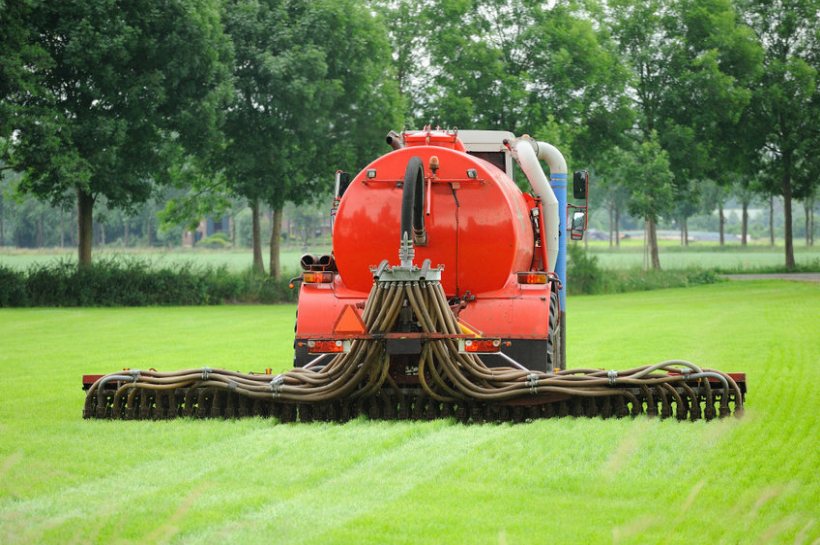
A new survey has found that around one in eight (13%) Welsh farmers would consider leaving the industry if the NVZ proposals are introduced.
NFU Cymru has held a briefing event with Assembly Members to reveal the results of the survey, showing members’ strong opposition to Welsh Government’s NVZ proposals.
The survey showed the concerns of almost 300 farmers from across Wales over the costs and impacts that NVZ designation plans could have on farm businesses and the wider rural community.
The survey showed that around one in eight (13%) farmers would consider leaving the industry if the NVZ proposals are introduced. Nearly three quarters (73%) of farmers surveyed did not have sufficient slurry storage on their farm to meet the proposed NVZ requirements and it would cost, on average, nearly £80,000 for Welsh farmers to upgrade their slurry storage facilities to achieve NVZ slurry storage compliance.
A nitrate vulnerable zone is a conservation designation for areas of land that drain into nitrate polluted waters, or waters which could become polluted by nitrates. In line with the Nitrates Directive, EU Member States are required to undertake a review to assess and designate areas as NVZs every four years.
'Strongly opposed'
Stephen James, NFU Cymru President, said NFU Cymru is 'strongly opposed' to the consultation proposals as the costs associated with the implementation 'vastly outweigh any benefits' to water quality.
He said: “The rules will reduce a farmer’s ability to make decisions based upon their own knowledge of the land and the weather, leading to a ‘farming by calendar’ approach rather than assessing the conditions on the ground.
“Farmers play an important role in environment management and we want to help improve water quality – our survey shows that 75% of those questioned would consider a voluntary approach to managing nitrate levels - but the fact remains these plans will be extremely damaging to the industry.
“The impact on Pembrokeshire, in particular, could be enormous. We estimate the proposals covering Milford Inner Waterway could hit 50% of Wales’ potato production and 25% of the country’s dairy production.
Mr James concluded: “I sincerely hope that the Assembly Members who we have engaged with today are able to make their voices heard and help derail these overly prescriptive, and frankly, unworkable proposals that will have a catastrophic impact on the farming industry and wider rural economy, as well as unintended consequences for the environment.”
